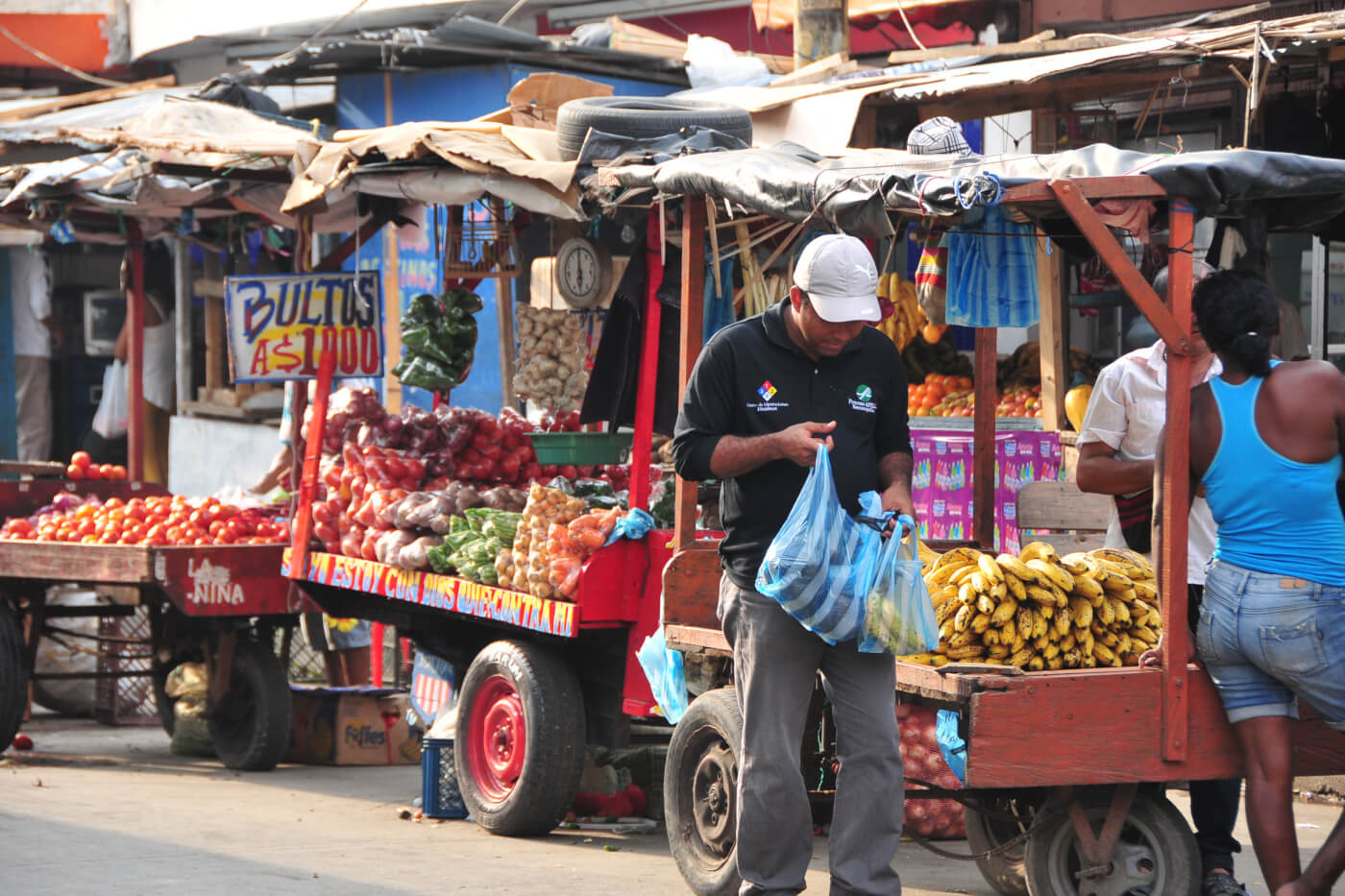'Colombia is overdue for structural spending reform': Colombian Ambassador to the OECD

In April 2020, Colombia became the 37th country to join the Organization for Economic Cooperation and Development (OECD) , also known as the "club of good practices." Ahead of the Local Development Forum the organization will hold in Barranquilla this week, EL TIEMPO interviewed the Colombian ambassador to the organization, Luis Fernando Medina , who discusses the benefits of its membership, recommendations, and the challenges ahead.

Meeting of President Gustavo Petro with OECD Secretary-General Mathias Cormann. Photo: OECD
Colombia will be celebrating its fifth anniversary in this organization, and the relationship is still under construction. During this time, there have been many benefits. It's not just about teaching us how to do things, but also about learning from other countries' experiences, for example, the ability to participate in consensus-building. Many ideas are brewing at the OECD on issues of international cooperation, taxation, development, economic policy, energy transition, and artificial intelligence, and it's important to be present during their development. Additionally, it has demonstrated great technical capacity to support processes such as tax, pension, and labor reform.
And what are the biggest challenges? It's a long process because it's a large and complex organization. It's not just about the involvement of the top ministers; all entities must be involved, which poses logistical challenges. Furthermore, it's difficult and expensive to travel to Paris and have a sufficiently large delegation there , so it has to be seen as a process of construction and ideas very oriented toward structural issues. While it's true that it originated in the wealthy economies of the North Atlantic, more and more countries are joining. Currently, Brazil, Argentina, and Peru, as well as Indonesia, are in the process of accession.
What reforms does the OECD recommend for Colombia? The OECD has long recommended the creation of a pillar system, like the one created by the pension reform. It also recommended the consolidation of several labor rights, which was recently approved with the labor reform. The organization has long welcomed the fact that these reforms put us somewhat in that direction. Furthermore, it has also spoken of the need to increase the tax burden in our countries, but we are obviously still far from the level needed. It has also said that developing countries, especially those like Colombia, are in a quagmire of low investment, partly due to an inability to secure the tax revenue to finance it.

OECD Photo: iStock
Tax authorities have tried to move in that direction, but it has been very difficult to lower the corporate tax rate to raise the individual rate . Furthermore, Colombia is overdue for a structural reform that addresses not only revenue collection issues but also expenditure. For example, moving to a program-based or results-based budget to provide more flexibility in spending. There are also many discussions about subnational finance. The competition law being attempted is another area where the OECD has many interesting solutions. We need reforms with a more lasting focus than the ones we have so far, which after two years we realize are insufficient.
The tax reform announced a few weeks ago by Finance Minister Germán Ávila seeks to review tax expenditures, especially VAT. Is it on the right track? Yes, the OECD has always said that it's very important that tax benefits be concentrated as efficiently as possible and that they be well-targeted, because many incentives are implemented, remain in place for decades, and are never evaluated. However, we will need to understand the government's specific proposal.
You indicate that you have applauded the consolidation of some labor achievements with the latest reform. However, Colombia still faces a high level of informality. How can this be addressed? I'm not speaking like the OECD here. I think one of the things people may not have understood, and I see it clearly, is that informality isn't a problem of the labor code, which is there to set the rules of the game between employers and employees. Informality is a byproduct of many other structural factors, so we must attack it on many fronts, by reactivating investment, the popular economy, bringing the State closer to informal economies so they can identify where they are and connect them through the public procurement system.

Informal employment Photo: Solutions & Payroll
For example, in the area of health, the OECD considers the system to have a weakness in the preventive aspect. Regarding the energy transition, the International Energy Agency, which is part of the organization, has been stating that by 2030, oil demand will reach a peak, and then gradually decline. Therefore, we would have to consider how to begin replacing these sources and currencies. If all goes well, Colombia could become a full member of that agency next year. And in terms of the popular economy, which is an issue we have been insisting is important to work on, it has pointed out that when the State's public policies reach communities through the social and solidarity economy, more trust is generated, which makes the policies more effective.

Barranquilla is ready for the OECD-2025 Local Development Forum. Photo: Guillo González-Kronos
The forum is organized by the Entrepreneurship Center, SMEs, OECD regions and cities, and the Mayor's Office of Barranquilla. It will explore the topic of local development from many angles, including the grassroots economy, gender issues, the environment, and even culture as a driving force, among others.
eltiempo





